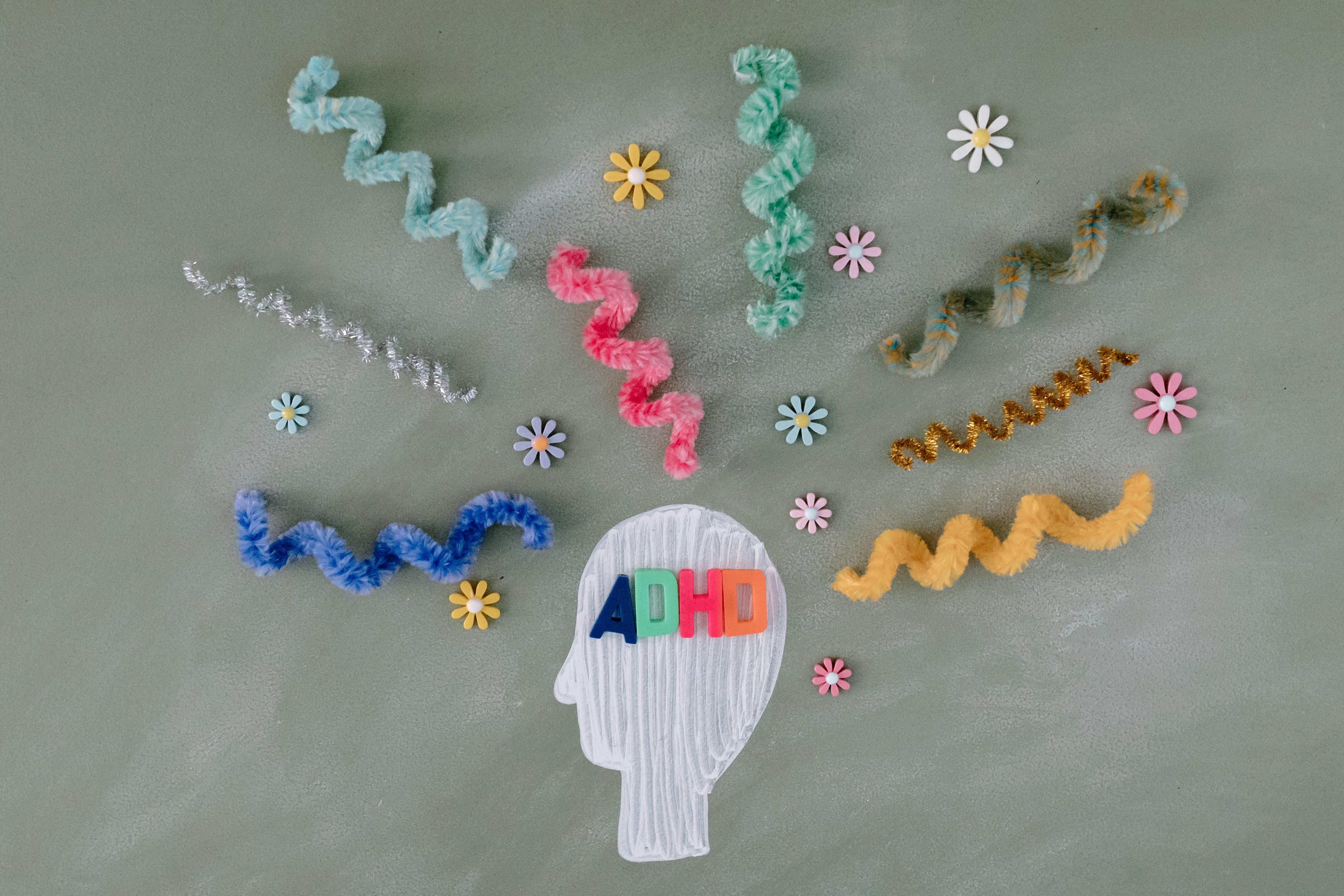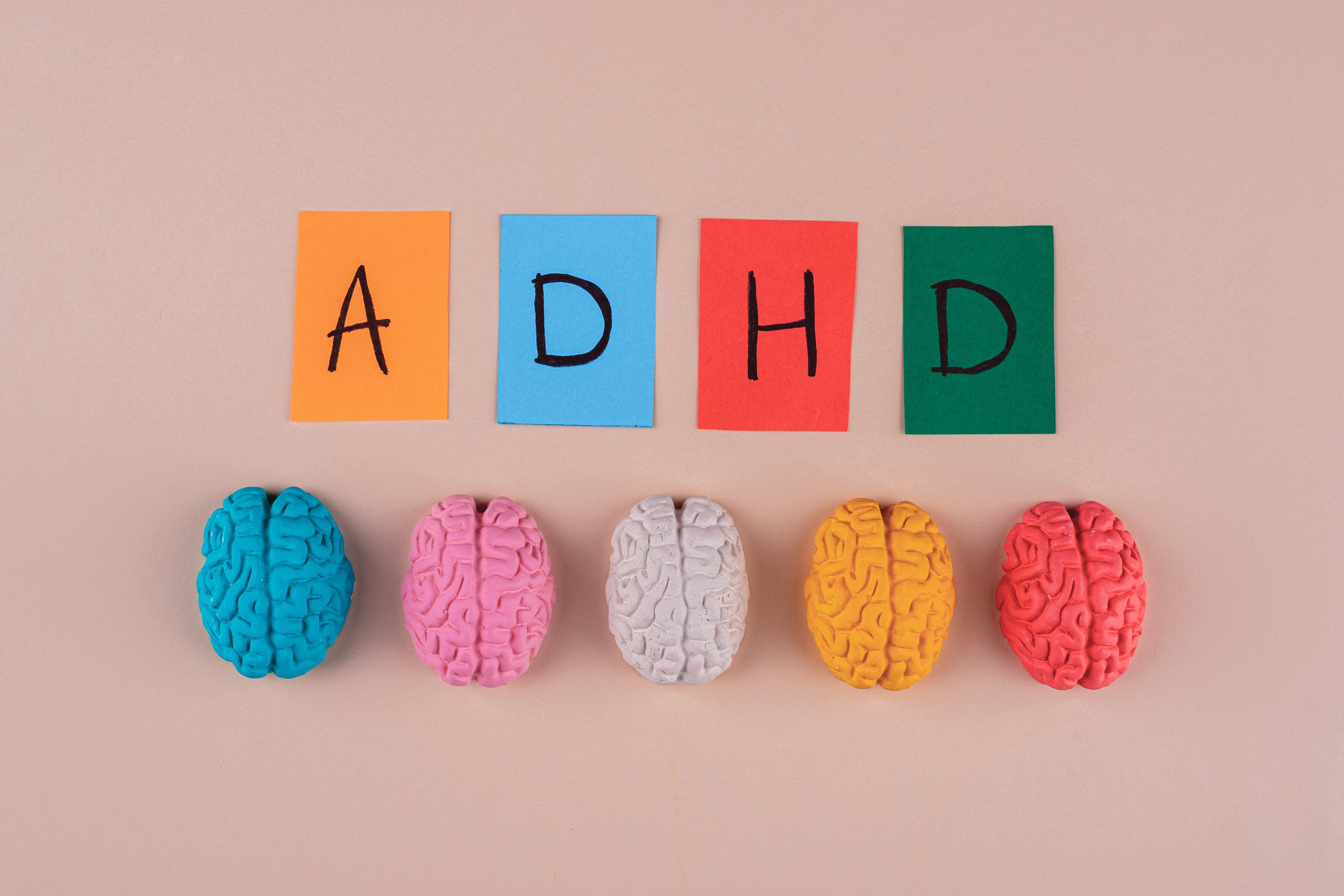How to Motivate a Child with ADHD
Discover 9 practical ways to motivate your child with ADHD — from structured routines and positive reinforcement to movement and a growth mindset.



Key Takeaways
- ADHD is characterized by impulsivity, inattentiveness, and hyperactivity. These symptoms may affect motivation.
- Ways to motivate a child with ADHD include sticking to a routine, using positive reinforcement, breaking tasks into smaller tasks, and encouraging physical activity.
- Encouraging a growth mindset can also help kids with ADHD achieve goals. A growth mindset will help your child get through difficult challenges and stay motivated.
If you have a child with attention deficit hyperactivity disorder (ADHD), you may notice that it’s hard for them to stay motivated. ADHD is a neurodevelopmental condition characterized by impulsivity, hyperactivity, and inattentiveness. These symptoms may keep your child from initiating or following through on tasks. Here’s how you can help them.
Breaking down ADHD and motivation
Why do children with ADHD have difficulty following through on tasks? There are several different reasons.
Let’s take a look at what drives behavior and how it’s different in kids with ADHD. There are two drivers of behavior: intrinsic motivation and extrinsic motivation. Intrinsic motivation refers to innate, natural curiosity. Extrinsic motivation is linked to reward. Children with ADHD have less intrinsic motivation. This is due to a dysregulation of dopamine. This can negatively impact motivation.
Another factor is executive functioning. This refers to the ability to plan and organize information and tasks. Kids with ADHD have impairments in executive functioning. This affects motivation.
ADHD paralysis is another factor that impacts motivation in kids with ADHD. When faced with a lot of data, they may freeze and be unable to make a decision. This can make it difficult to start or persist with a task.

ADHD Paralysis: Causes, Signs, and Solutions for Kids and Teens
Some kids with ADHD freeze when tasks feel overwhelming. Learn how ADHD paralysis affects motivation and how to help your child move forward.
How to motivate a child with ADHD
Kids who have attention deficit hyperactivity disorder need a little help with motivation to keep trying. Here are some things you can do to increase motivation.
#1 Create a Structured Routine
A structured routine is a daily schedule that is predictable and organized. This is important for all kids —but especially for kids with ADHD. It builds a foundation for success and can help them succeed at daily tasks, which can boost motivation.
Creating rituals around important daily activities, including homework, meals, and bedtime. This will help your child stay motivated and ensure that essential tasks are accomplished every day.
#2 Use positive reinforcement
Positive reinforcement should always be used instead of punishment to motivate children with ADHD. This is a very effective way to change behavior. It also creates healthier relationships between children and their parents. When you have a stronger bond with your child, they are more likely to respond to your encouragement when you try to motivate them.
Positive reinforcement can consist of things like praise, rewards, and incentives. For example, when your child does their chores, you might offer praise directly to them by saying, “Great job cleaning your room today.” The goal is to notice and praise your child’s efforts.
What if your child partially cleans their room? Perhaps they hung up their bookbag but forgot to put away their shoes. You can still praise the partial success. This will help encourage them to continue to work towards the final goal.
#3 Leverage their interests and strengths
Children with ADHD often struggle with low self-esteem. They may feel like they are doing things wrong or letting others down. That’s because many children with ADHD are labeled as lazy—a negative label that is unfair and hurtful. Your child may internalize these labels.
When your child doesn’t recognize their strengths, it can make them give up before they even start. Affirming your child’s strengths can help encourage and motivate them. When you recognize their strengths, it fosters self-esteem. High self-esteem makes it more likely that your child will work towards achieving goals, as they believe that they can achieve them.
Leveraging your child’s strengths is easy to do. For example, if your child has a lot of energy, recognize that and encourage them to use that excess energy to take on new challenges. Praise them for being willing to try new things.
#4 Break tasks into small, manageable steps
Large tasks can be overwhelming for kids with ADHD. They can feel impossible to complete and cause anxiety. Therefore, break large tasks into small, manageable goals. This teaches kids with ADHD that even complex tasks can be managed one step at a time. When breaking down tasks, keep each step simple. If possible, use visuals like checklists. Assign deadlines for each step.
#5 Encourage movement and physical activity
Exercise can boost overall well-being by triggering the release of endorphins and serotonin in the brain. This helps boost mood, reduce stress, and enhance overall well-being. All of these things can boost motivation. Exercise also improves classroom performance and reduces behavioral problems. Research has found that kids with ADHD focus better after exercising.
You can encourage your child to do a variety of different activities — sports, games, and even yoga. These activities can all be helpful for boosting your child’s mental health and increasing motivation.
#6 Use visual aids and checklists
As noted above, visual aids and checklists can help your child stay motivated. Visuals provide reminders of the task. They help your child see their progress and know how far they have to go. Visual aids can also be used to make complex information easier for kids with ADHD. This can improve their ability to stay motivated.
#7 Reduce Distractions and Optimize the Environment
For kids with ADHD (and all of us, really), a cluttered environment can be overwhelming and distracting. Focus on simplicity. Help your child organize their space and remove things that could be a distraction (such as video game consoles). Store these in a designated area for use only at certain times. Make sure the space is quiet so your child can stay focused on tasks.
#8 Foster a growth mindset
It’s important to help your child embrace a growth mindset. A growth mindset is one in which your child believes in their own abilities. They see challenges as opportunities for growth. They take on challenges and keep working towards goals despite challenges. This type of mindset is especially important for kids with ADHD because it takes the focus away from limitations.
If your child has a growth mindset, instead of thinking “I’ll never be able to do this,” they might think “I can do this. I just need a little help.” To foster a growth mindset, encourage your child to embrace challenges. Focus on their efforts and embrace a growth mindset yourself.
#9 Collaborate with teachers and support systems
Kids with ADHD may need more support to sustain motivation. You can work with your child’s teachers, therapist, guidance counselor, and other support persons to identify ways to increase their motivation. Make sure you are all on the same page.
Conclusion
For a child with ADHD, it can be hard to stay motivated on tasks. There are many reasons for this — from impulsivity and attention problems to feeling overwhelmed or stressed. There are many ways that parents can help provide support, as outlined above. These interventions can help kids with ADHD complete tasks and achieve their goals.
Therapy for ADHD
With the right treatment, your child can thrive. Therapy is the first step towards successfully managing ADHD symptoms. We offer virtual therapy in Florida and Texas. Get in touch to learn more about how therapy can help your child.





